During his 20-year reign, Turkish President Recep Tayyip Erdoğan has consolidated power and reshaped the country according to his Islamist agenda. In doing so, Erdoğan has not only challenged but also dismantled elements of the Turkish state created by Mustafa Kemal Atatürk, the founder of modern Turkey. Atatürk looked to Europe to modernize. He got rid of the Ottoman Empire and tried to create a modern nation state.
In the process, Atatürk introduced reforms such as a ban on polygamy, adoption of the Roman script and the introduction of a Western-style constitution. Yet for all its modernizing tendencies, the Turkish state remained authoritarian and Atatürk dealt with separatist Kurds brutally. A secular Kemalist elite came to dominate Turkey and the military repeatedly interfered in politics. Coups were commonplace. In the 1980s, the secular government intensified restrictions on religious expression, causing much resentment among the more religious rising middle classes, especially in Anatolia.
A few decades later, Erdoğan emerged. As a devout Muslim, he brought back religion into politics. His brand of political Islam was once held to be the model for the Middle East. Erdoğan was seemingly reconciling Islam and democracy. He reversed the ban on headscarves, harked back repeatedly to Turkey’s Ottoman days and made Hagia Sophia a mosque again. Despite the secular opposition's efforts to unseat him, Erdoğan has remained strong.
In the latest elections, Erdoğan defied the expectations of many Western liberal observers. He has won yet again with the same comfortable majority that he enjoyed in the previous two presidential elections. Erdoğan decisively beat the opposition candidate Kemal Kılıçdaroğlu by more than four percentage points, a result one would expect from a successful democratic politician, not a dictator. The Turkish leader won a respectable 52%, which is far short of the over 90% figure autocrats regularly win in eyewash elections. Ultimately, Erdoğan won because, for whatever reason, the Turkish people really did want him in charge.
However, observers are troubled because Turkish voters seem impervious to concerns about Erdoğan’s poor track record in power. Specifically, his disastrous handling of the economy is causing grave concern. Erdoğan has forced the Turkish central bank to keep interest rates low despite soaring inflation. He diluted building codes and implemented them poorly, causing deaths of thousands in recent earthquakes. Like the Kemalist elite, Erdoğan also runs patronage networks that have throttled economic growth. Yet Turkey seems to have no other viable alternative to Erdoğan as yet.
Our signature discussion FO° Live examines the complex situation in Turkey. Tülin Daloğlu and Ali Demirdas spar over the causes of Kılıçdaroğlu’s failure. Was it a question of personality, or of policy? Did Kılıçdaroğlu lose people because his traditional Kemalist party jumped into bed with its former enemies: the Kurdish parties? Or did Kılıçdaroğlu lose because of his lackluster record, lack of charisma and a paucity of authority as a compromise candidate of hugely disparate parties?
There are many other questions that our speakers explore in this FO° Live. For instance, the popular mayor of Istanbul, Ekrem İmamoğlu, could have done any better? What happens now that Erdoğan is back as a modern day sultan? Nathaniel Handy, a scholar on Turkey and the author of several insightful articles for Fair Observer, takes the view that Erdoğan represents strong social forces and has a solid base. He is likely to behave more pragmatically after being tested in the polls. Time will tell.
Like any democracy, the Turkish one is messy. To make sense of it, listen to this FO° Live.
[Anton Schauble wrote the first draft of this piece.]
The views expressed in this article/video are the author’s own and do not necessarily reflect Fair Observer’s editorial policy.




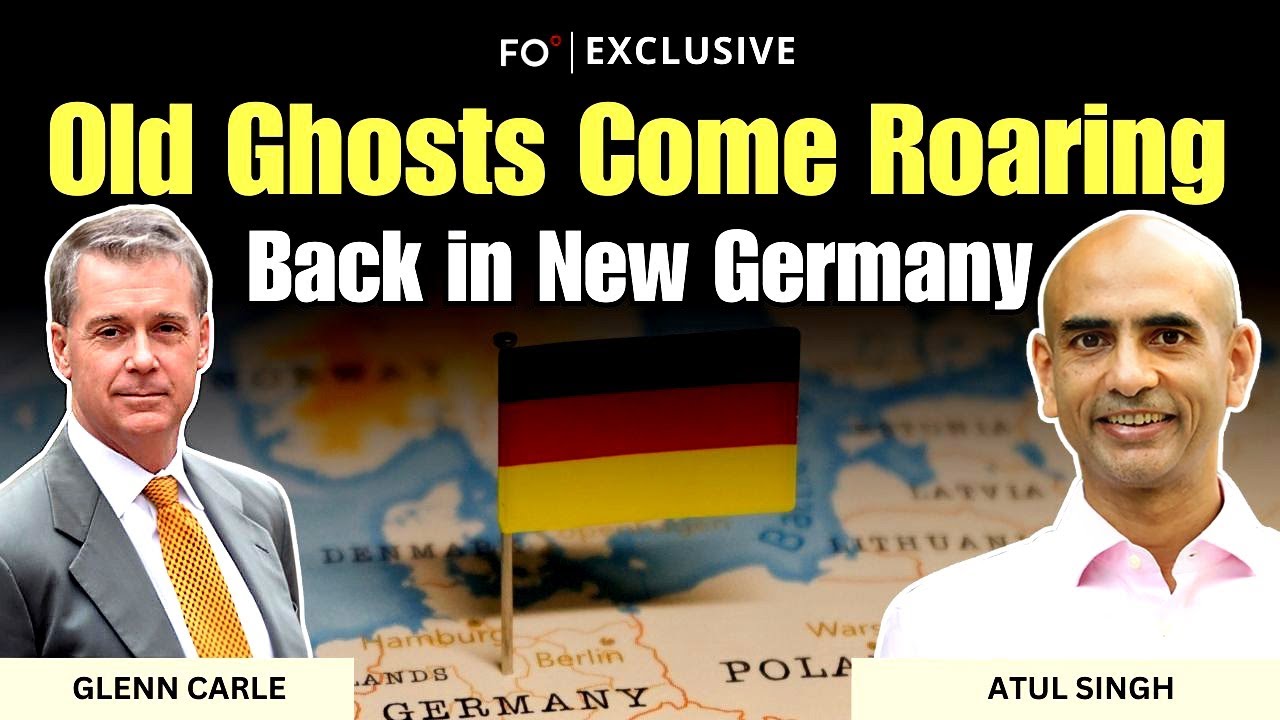


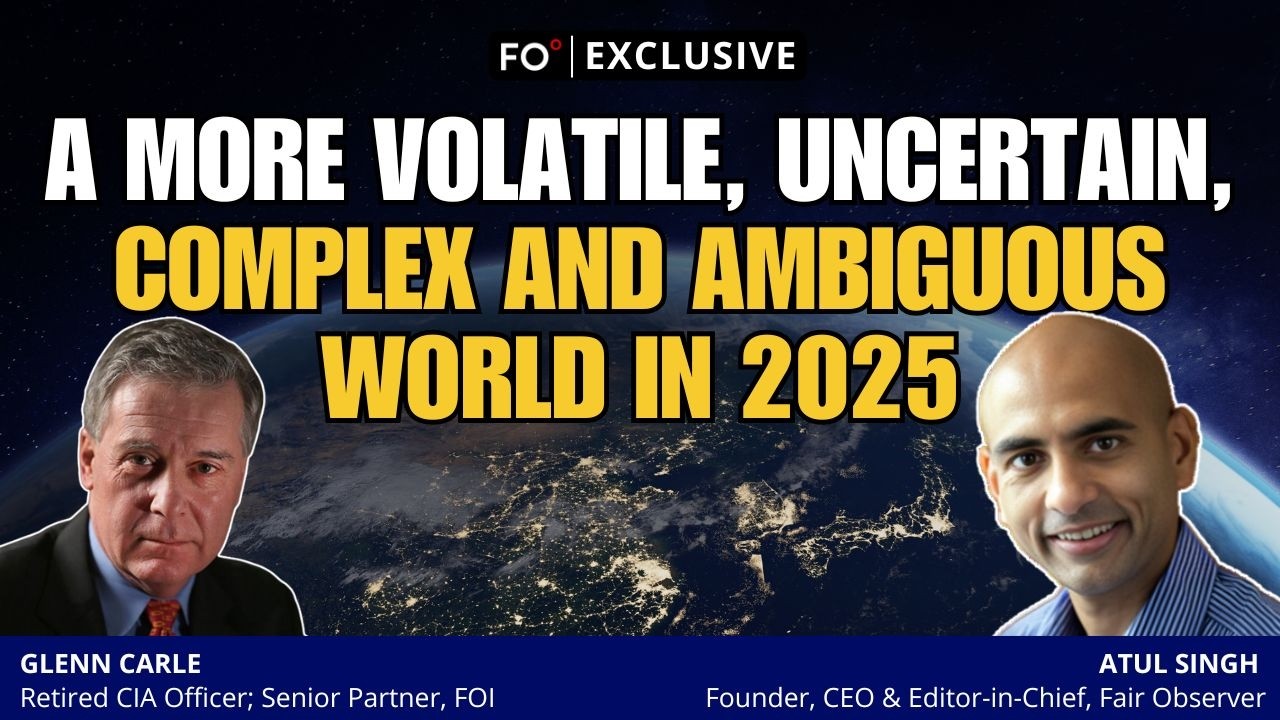


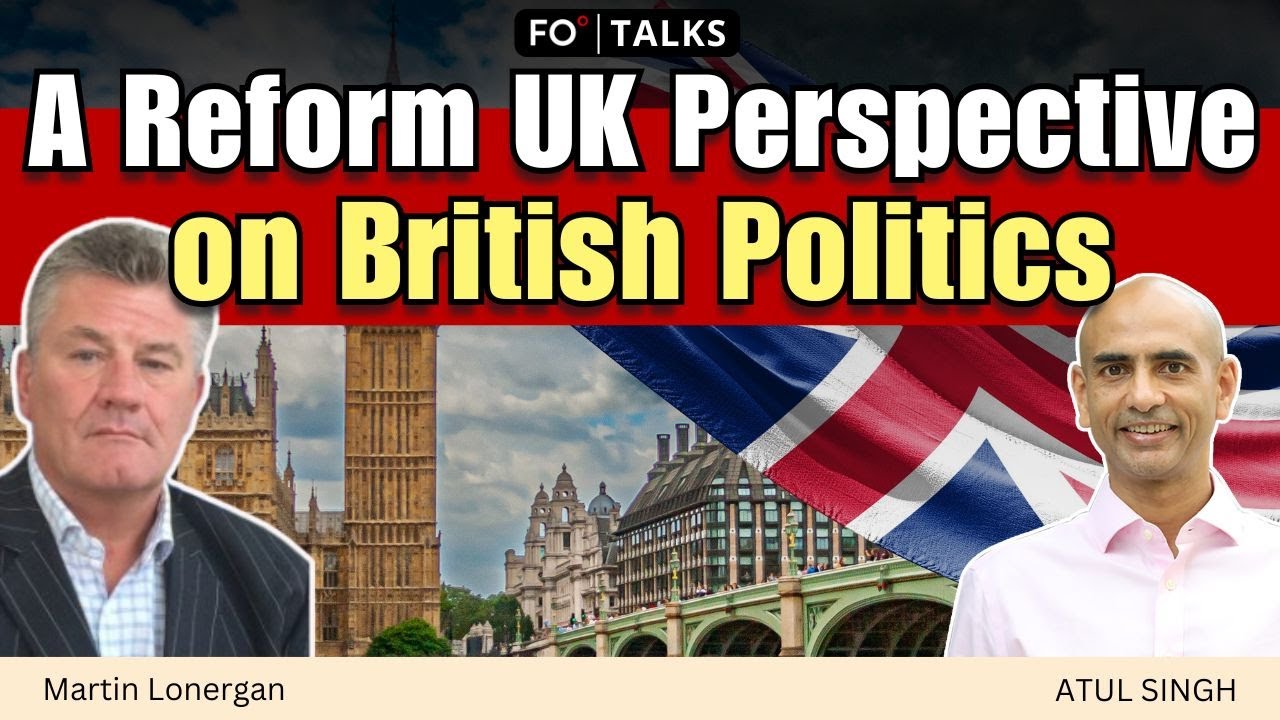


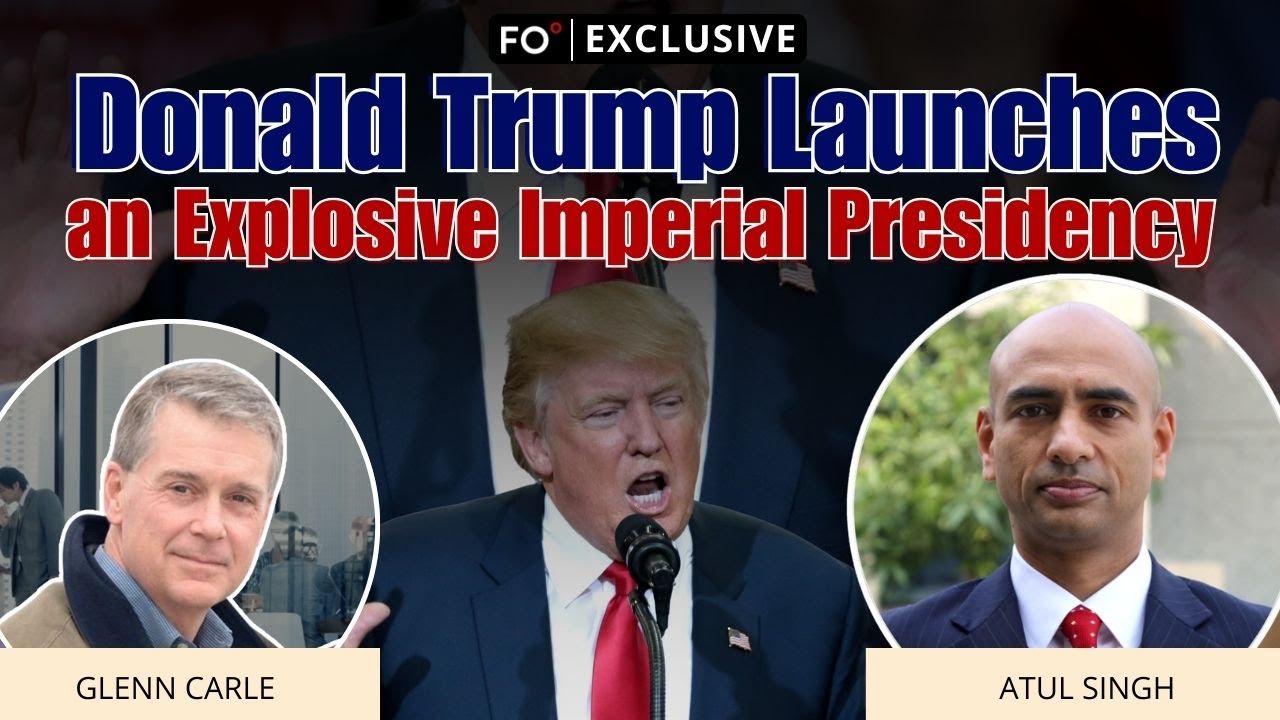
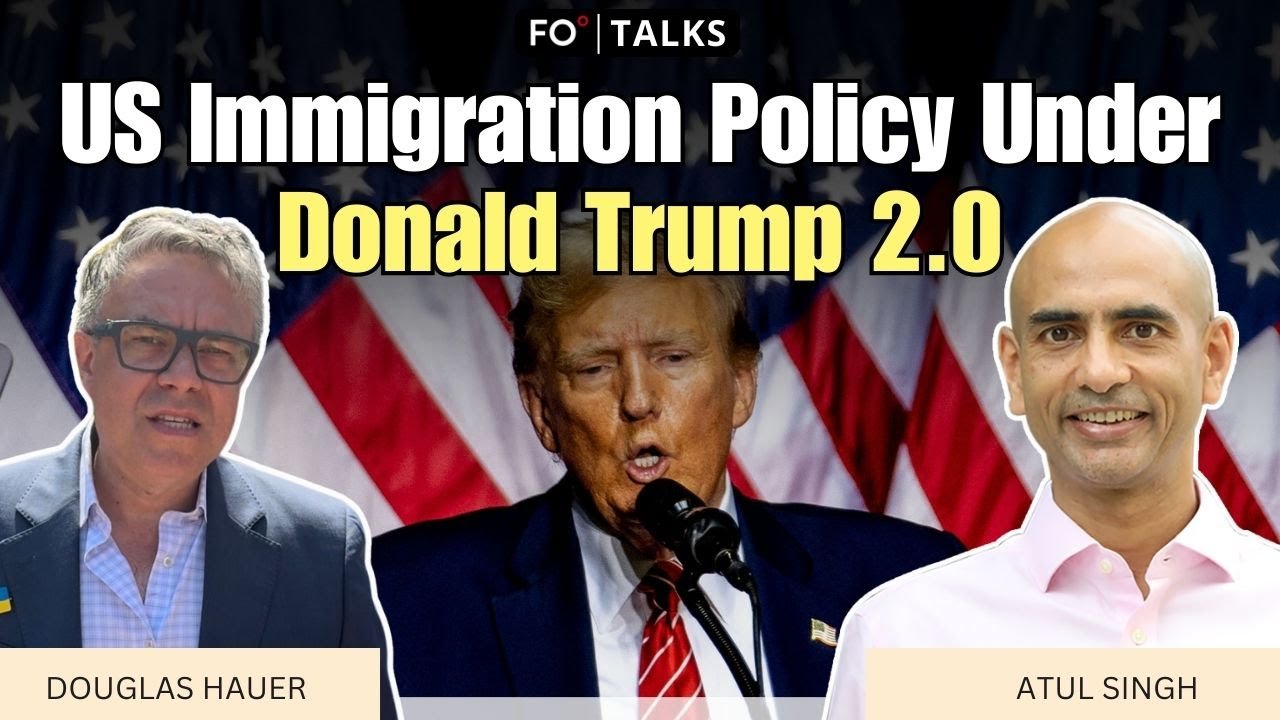




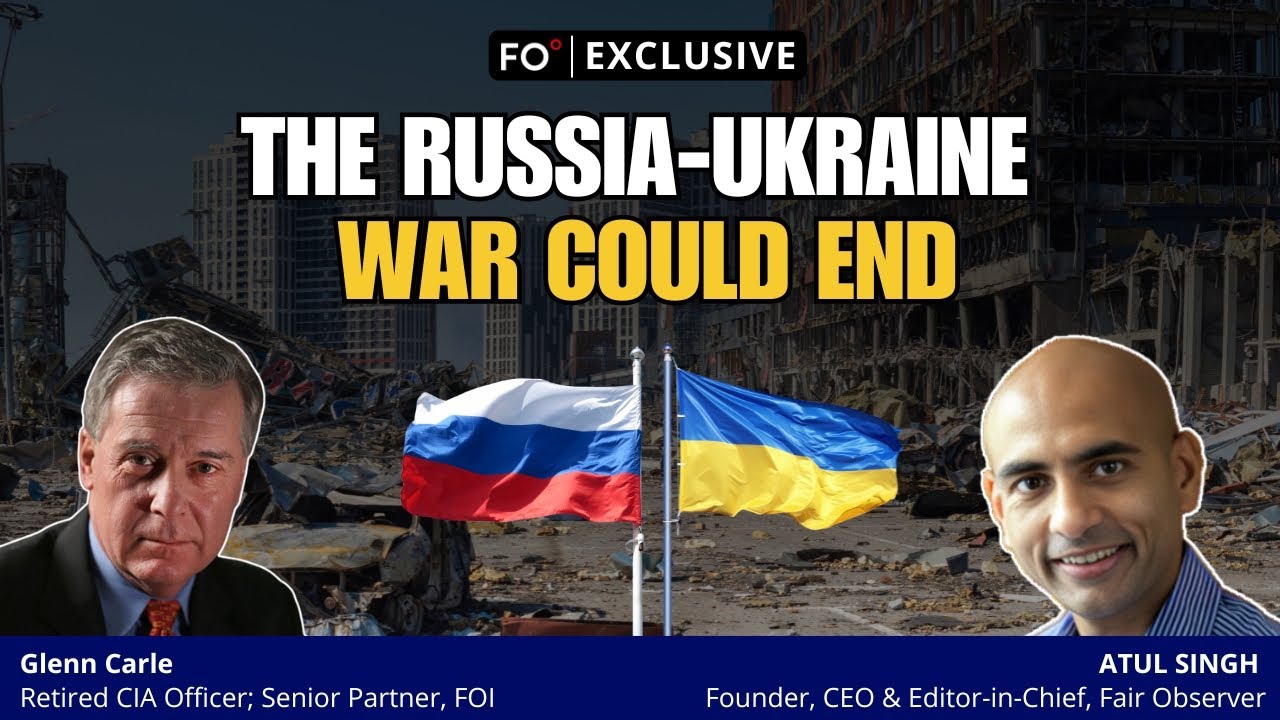
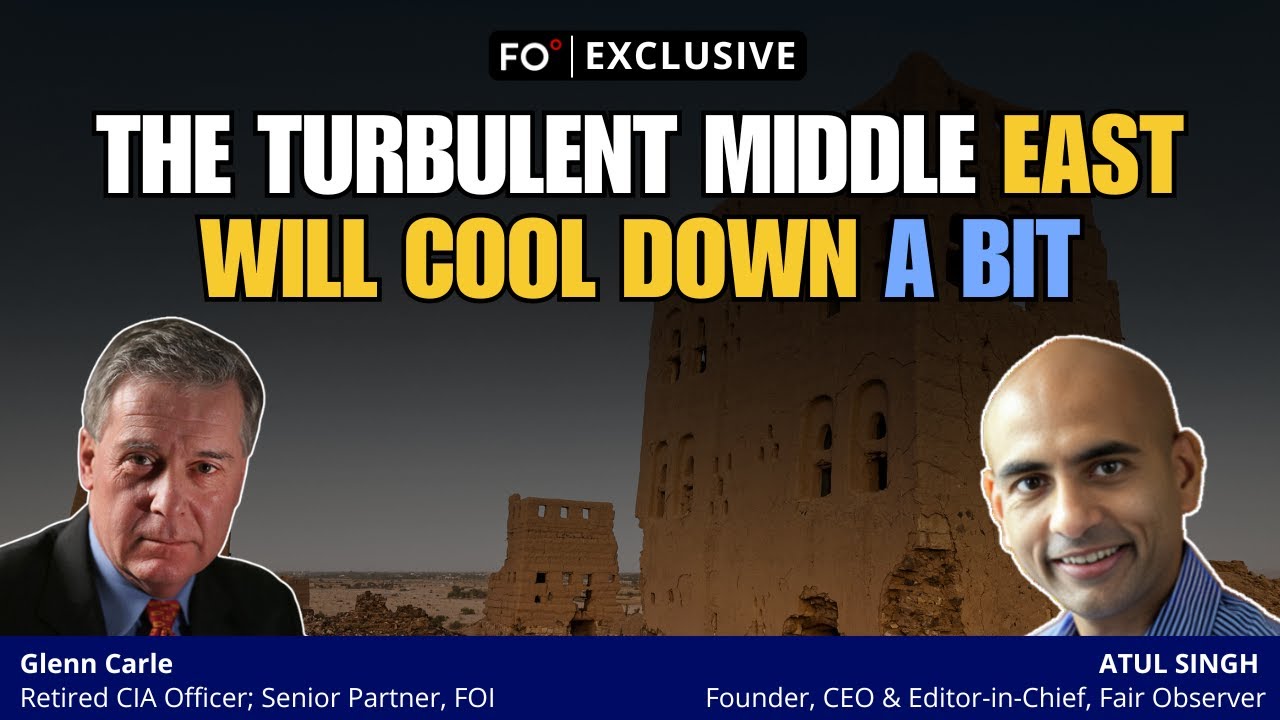

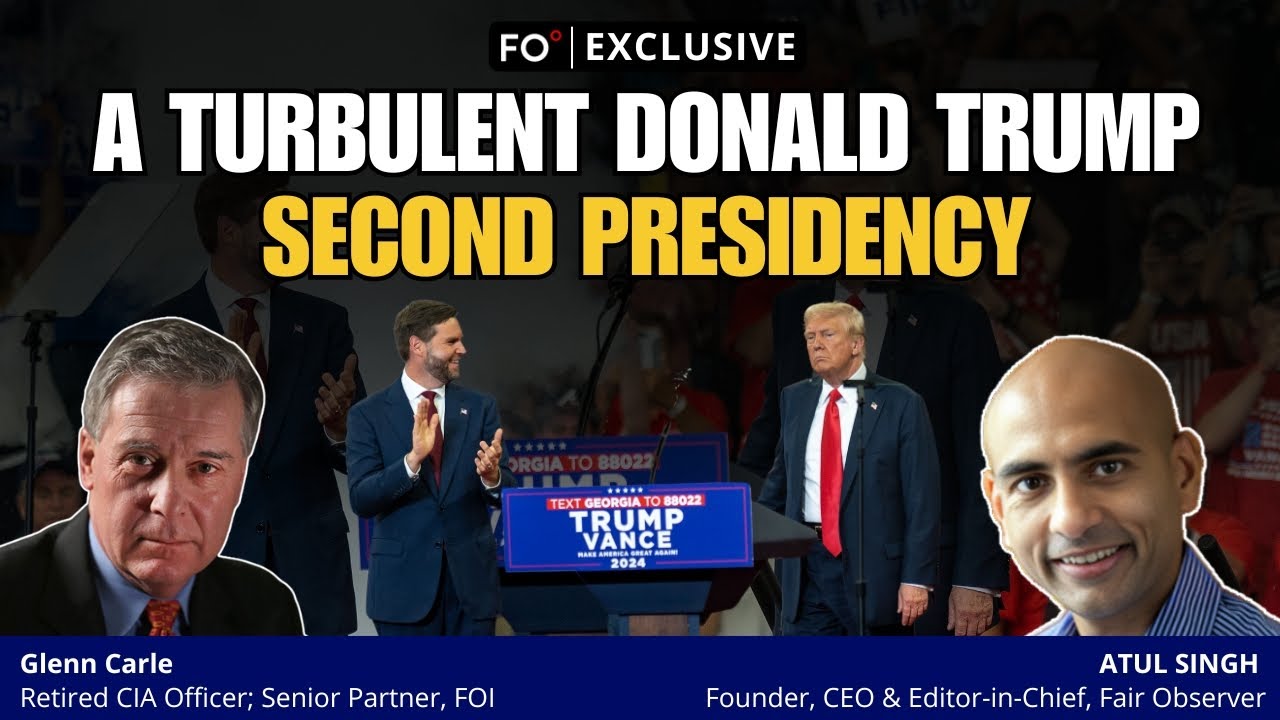




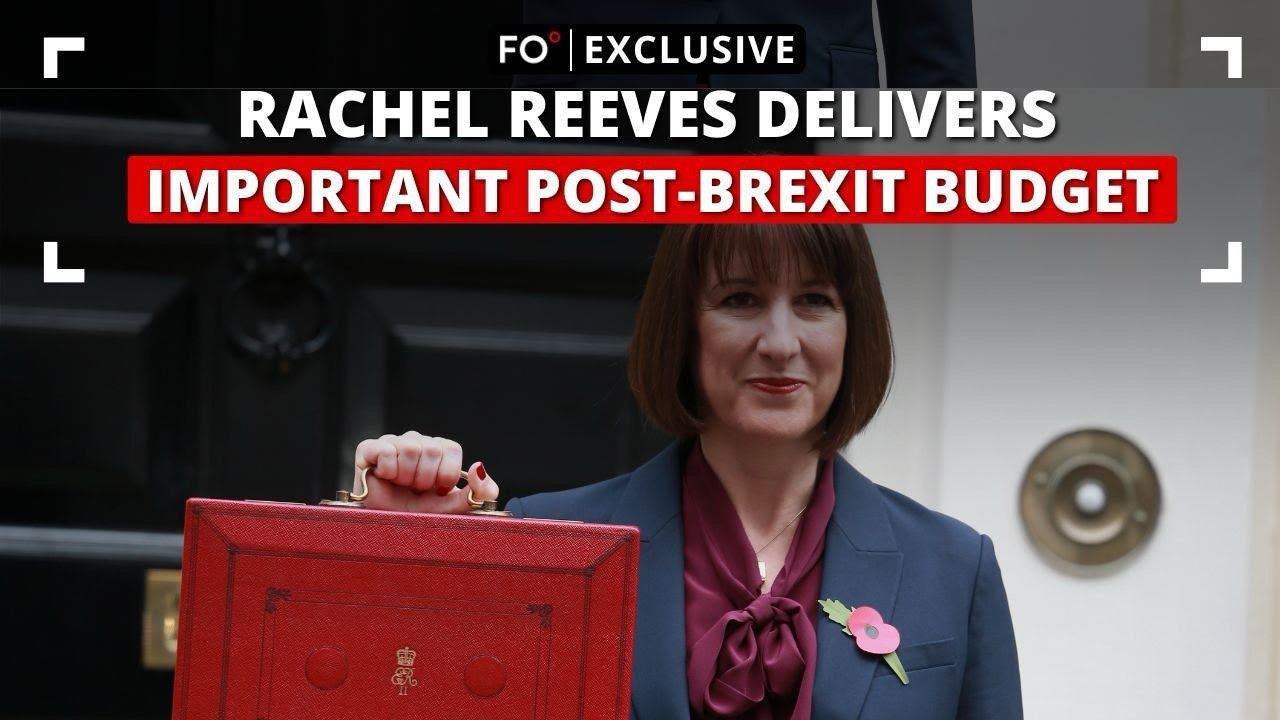


Comment